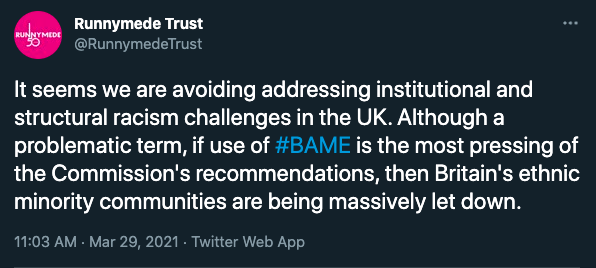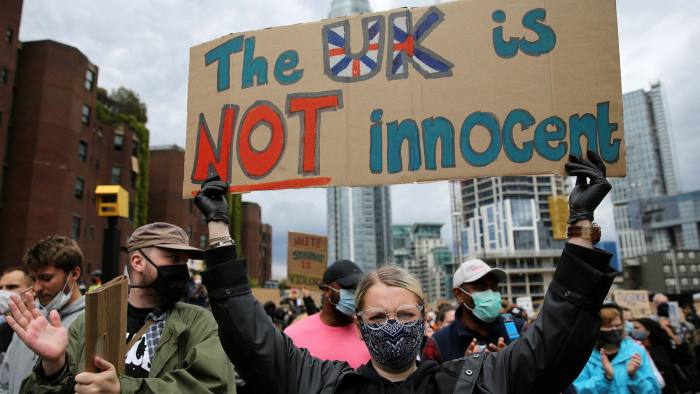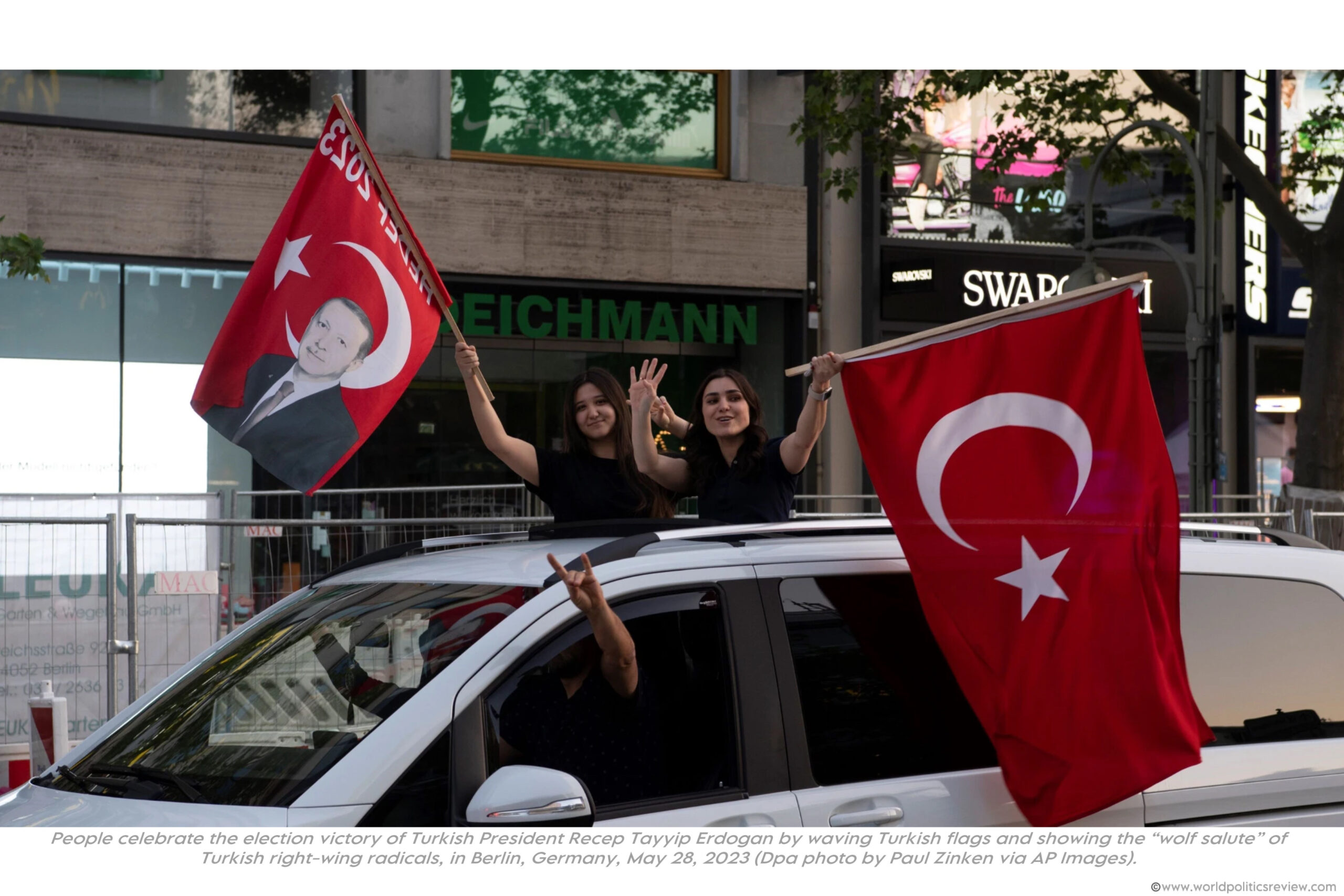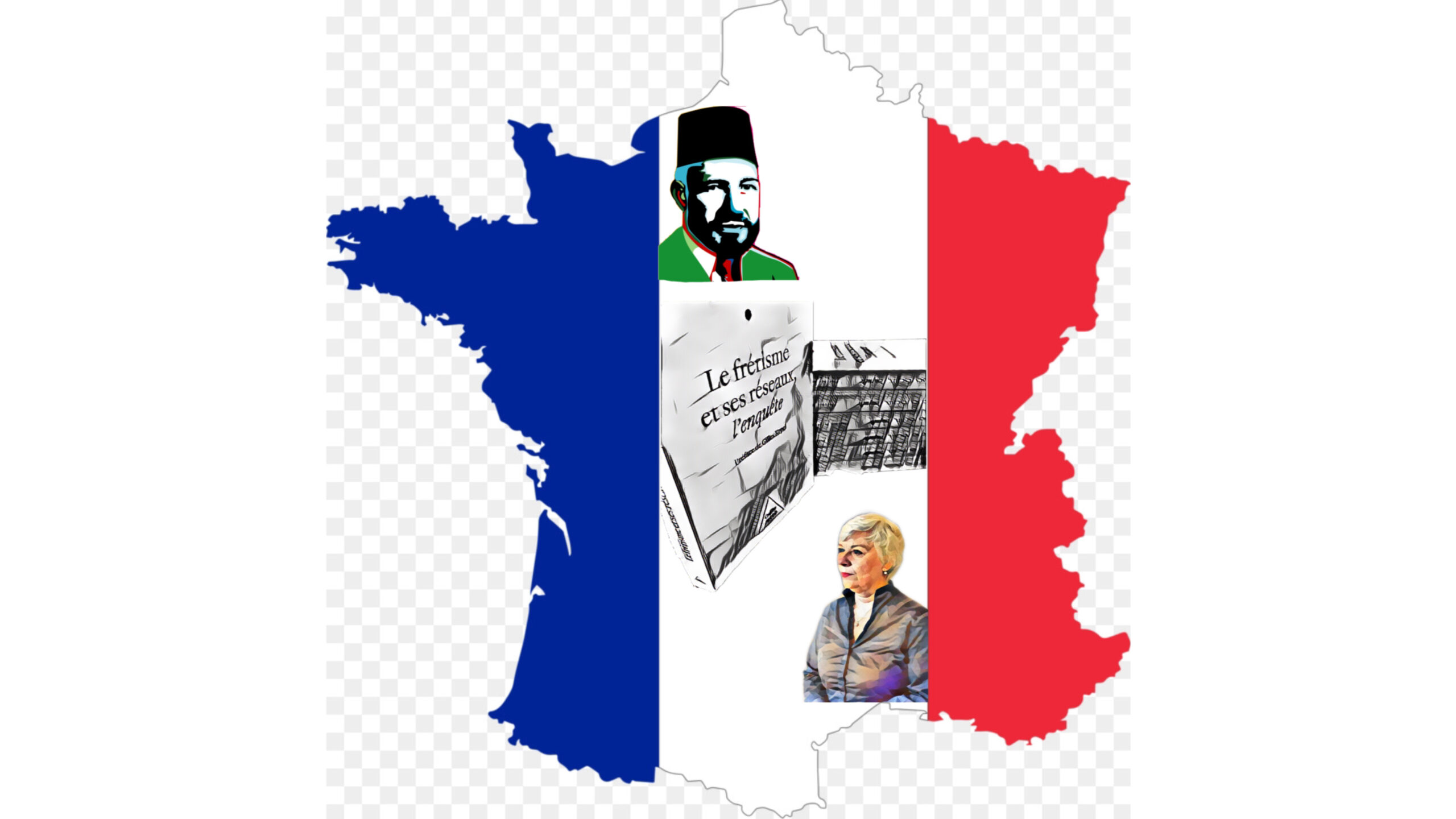At the end of March 2021, The Commission on Race and Ethnic Disparities published their report on racial inequalities in the UK. The Commission was initially formed following the murder of George Floyd in May 2020, which inspired burgeoning protests around the globe under the banner of the Black Lives Matter movement. In response to protests across the UK, Prime Minister Boris Johnson requested the establishment of the Commission in order to examine causes of disparities in the UK and to consider important questions about the state of race relations1 . The 258-page report, which coveres issues such as health, education, criminal justice and employment, has been met with much criticism by MPs, The UN, and think tanks alike. Despite claiming that overt and outright racism still persists, the report concludes that the UK should be considered as an example to other “white majority” countries”2. On Stephen Lawrence Day, however, Labour MP Diane Abbott asks us to question “How far has Britain come on race” since his death twenty-eight years go?3.
Report Findings and Responses
The report has received widespread backlash for its conclusions and recommendations, most notably for its claim that the UK is not “institutionally racist”4 . The report also moved on to make further criticisms that “bleak new theories about race that insist on accentuating our differences” and we are seeing an “increasingly strident form of anti-racism thinking that seeks to explain all minority disadvantage through the prism of white supremacy”5. By doing so, they argue, fuels a “pessimistic narrative” about race that is amplified by social media, and draws attention to instances of abuse rather than the progress made in society. Markers of progress that the report refers to include 40% of NHS staff consultants being from ethnic minorities, immigration success stories in education, and challenging the concerns that disproportionate numbers of people from ethnic minorities have died during the COVID-19 pandemic. As such, the report claims ethnicity is not a major driver of health inequalities in the UK, but instead points to depravation, geography and levels of exposure as key explanatory issues.
Many activists, community groups, and MPs took to social media to express their concerns and anger over the report calling it “tone deaf”, disappointing6, and disingenuous. Lawyer Aamer Anwar wrote for the National Extra that “not a single expert was recognisable within the BAME community”7. This has led to further critiques surrounding the real life applicability of the report, with Anwar further stating that this reveals how the lived experience of minority communities in the UK has been denied. A tweet from the Runnymede Trusts (the UK’s leading independent race equality think tank) account further supports this line of critique by stating:

More recently, The UN Working Group of Experts on People of African Descent said they were stunned to find the report “repackages racist tropes and stereotypes into fact” which attempts to “rationalise white supremacy by using the familiar arguments that have always justified racial hierarchy”8. In an attempt to counter the race report, The UN group pointed to their own study in 2012. This report showed that the reality for people of African descent in the UK was that they “continue to experience poor economic, social, and health outcomes at vastly disproportionate rates”9. By further arguing that the Commission report ignores structural racism, presents dubious data, and fails to acknowledge the atrocities of the past to move forward, they have urged the British government to reject the findings10.
The UK Governments Defence
Members of the UK government and the Commissioners have defended the report amisdt the widespread criticisms. Keith Fraser, member of the Commission told the BBC that he doesn’t think there is “anybody out there who can say the UK hasn’t changed and changed for the better”11 and rejects suggestions that the findings were a foregone conclusion. Also, more than a dozen Conservative MPs, organised by Sir John Hayes, have written to the commission to demand an investigation into the Runnymede Trust over their criticism of the race report12. As shown earlier in the article, the Runnymede Trust have been incredibly vocal in regards to their opposition and condemnation of the report. However, the equalities minister Kemi Badenoch defended the Commissions findings and vocally rejected the “bad faith attempts to undermine the credibility of the report”13. She went onto announce the creation of a new inter-ministerial group to review the commissions recommendations in order to address the causes of inequality in the UK.
“Why was Islamophobia omitted?” Responses from Religious Communities
Religious groups and communities have also raised concerns and calls to action in response the latest UK race Commission report. The newly formed Racial Justice Advocacy Forum (RJAF) for example – which brings together various Christian denominations across the UK and Ireland – states that Christian churches must engage in “difficult conversations” and “confront issues of racial justice head on”14. They further claim this engagement with ethnic injustice must be within the Church itself, including sites of ongoing complicity and injustice that are present in Church life, ministerial formation, and community engagement.
The Muslim Council of Britain has also responded to the report calling it a “white wash of a very serious issue” that not only risks damaging trust in the UK government from the Muslim population, but in facts insults many Muslims’ lived experiences 15 in the UK. The Council has further critiqued the report for being limited in its scope, which has led to an unjust outcome that only serves the interests of those who wants to deny that racism is a problem. As such, the Council are now calling for a meeting with Prime Minister Boris Johnston to discuss the reasons why Islamophobia was omitted from the reports investigation.
Focussing on Young Scottish Muslims, Zara Mohammed, Secretary General for the Muslim Council of Britain, further highlights the need to challenge the report. Denoting all points of exclusion that the Muslim and Asian community face, from the justice system, education and employment opportunities 16, she challenges the notion of “Scottish Exceptionalism”, that things are different here. But, with the upcoming Scottish elections at the beginning of May, Mohammad believes this is an opportunity to make race a key issue for Scottish political parties. In doing so, she argues, a new report can be commissioned that looks “at institutional racism and inequality and gives us some proper recommendations that are aligned with what communities are going through” 17. This new report however, must be followed by action and the implementation of change in regards to community identified inequalities in society.
Sources
https://assets.publishing.service.gov.uk/government/uploads/system/uploads/attachment_data/file/974507/20210331_-_CRED_Report_-_FINAL_-_Web_Accessible.pdf https://www.bbc.co.uk/news/uk-56595004 https://www.bbc.co.uk/news/uk-politics-56800763 https://www.bbc.co.uk/news/uk-politics-56578839 https://www.christiantoday.com/article/churches.must.engage.in.difficult.conversation.about.racial.and.ethnic.injustice.report/136696.htm https://www.theguardian.com/commentisfree/2021/apr/22/britain-race-28-years-stephen-lawrence-killed https://www.independent.co.uk/news/uk/politics/race-commission-report-institutional-racism-b1824605.html https://www.ohchr.org/EN/NewsEvents/Pages/DisplayNews.aspx?NewsID=27004&LangID=E https://www.thenational.scot/news/19202972.aamer-anwar-engineered-uk-race-report-denial-peoples-lived-experience/ https://www.thenational.scot/news/19209130.call-scottish-exceptionalism-tackled-westminsters-race-report/ https://www.telegraph.co.uk/politics/2021/03/31/boris-johnson-news-lockdown-easing-covid-eu-vaccine-pmqs/






